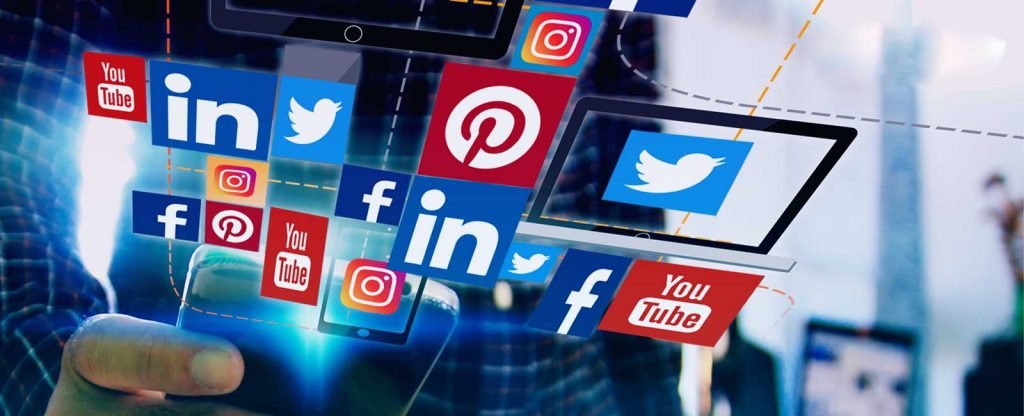Within a short span of a decade, the influence of social media has gone from being an additional entertainment to a completely integrated part of almost all aspects of life for several people. Social media has quickly insinuated itself into the workplace, politics, home life, and in many other areas and it is difficult to predict what it will impact now.
In the year 2006 Facebook had 7.3 million registered users. By 2019 the company has 2.38 billion active users. Facebook turned down a $750 million buyout offer in 2006.
Table of Contents
Advent of Facebook
Social media is not a utility. It is not similar to water or power where all people are worried about is whether the thing works or not. The youngsters these days care about what a platform has to say about them. It is not cool to use the same website that is used by your parents and grandparents.
They are constantly on the lookout for a hot new thing. About 10 years ago everyone was considering a different set of social networking platforms. No one quite expected a platform like Facebook to become so big and dominant. Facebook has become one of the most valuable companies in the world and features in all kinds of debates regarding public policies. The scope of issues everyone is thinking about regarding social media is broader.
However, keep in mind that social media has several detractors. In a survey conducted in 2018 42% of people said that they have taken a break from using the platform for several weeks and 26% of people said that they have deleted the FB app from their mobile phone. But a survey conducted by the same institution in 2019 revealed that despite the reputation beating Facebook received, the popularity of the social media platform remains unchanged.
There are two main concerns people have about Facebook and they are, mishandling of consumer data and poor management of access to the data by third-party providers. Another major concern is the level of misinformation being spread through Facebook.
Regulations on social media
There are several proposals relating to more stringent regulations on the use of consumer data by social media platforms. The European Union has already placed strict regulations by adopting GDPR (General Data Protection Regulation). Several other companies from around the world including those from the U.S. have adopted this protocol for their customers.
Some of these companies, for instance the ones in India, partnered with India Payroll Outsourcing that not only managed the Human Resources Department but also took care of such regulations. There is all possibility of more discussions on this kind of data regulation and you can expect stricter regulation everywhere in the future. The nastiness that was brought out from the users due to their online existence acted as fuel for the social media companies.
Addictiveness of social media
There is something addictive about the use of social media and this is a big issue. It is like a drug and what makes it more addictive is that it is adaptive. It can adjust based on your behavior and preferences.
It makes the platform more engaging, interesting, and useful. It also increases the addictive nature of the platform. The effect of social media on mental health can only be termed as detrimental. A recent study indicated that there is a case for limiting the use of this platform.
Is it irreplaceable and damaging?
Many people have started believing that the biggest challenge regarding the impact of social media is the way it is changing society. The algorithms used by social media for grabbing attention are propelling authoritarian practices that show ignorance, confusion, chaos, and prejudice.
It facilitates manipulation and undermines accountability. Any information these days can attract attention whether it is true or false. It means there are greater chances for a movement that can be welcome or malevolent both.
Earlier only the media companies had the reach and it was tough for false information to spread around. It could happen but the impact was less. Today anyone can share anything and people tend to believe what they are seeing. So, false information spreads as easily as the truth and in some instances even faster.
Everyone has become a media company in their right broadcasting to a set of people that are following them. It has become a path to stardom as artists are developing their fan following online.
Conclusion
Digital technologies have become deeply embedded and pervasive in our everyday life. Unwinding them fully is neither desirable nor possible. However, citizens have the right to know what these businesses are doing with their data. This right can be extended internationally to hold some of the autocratic regimes accountable and companies barred from selling services that enable attacks on human rights and are harming civil society.
